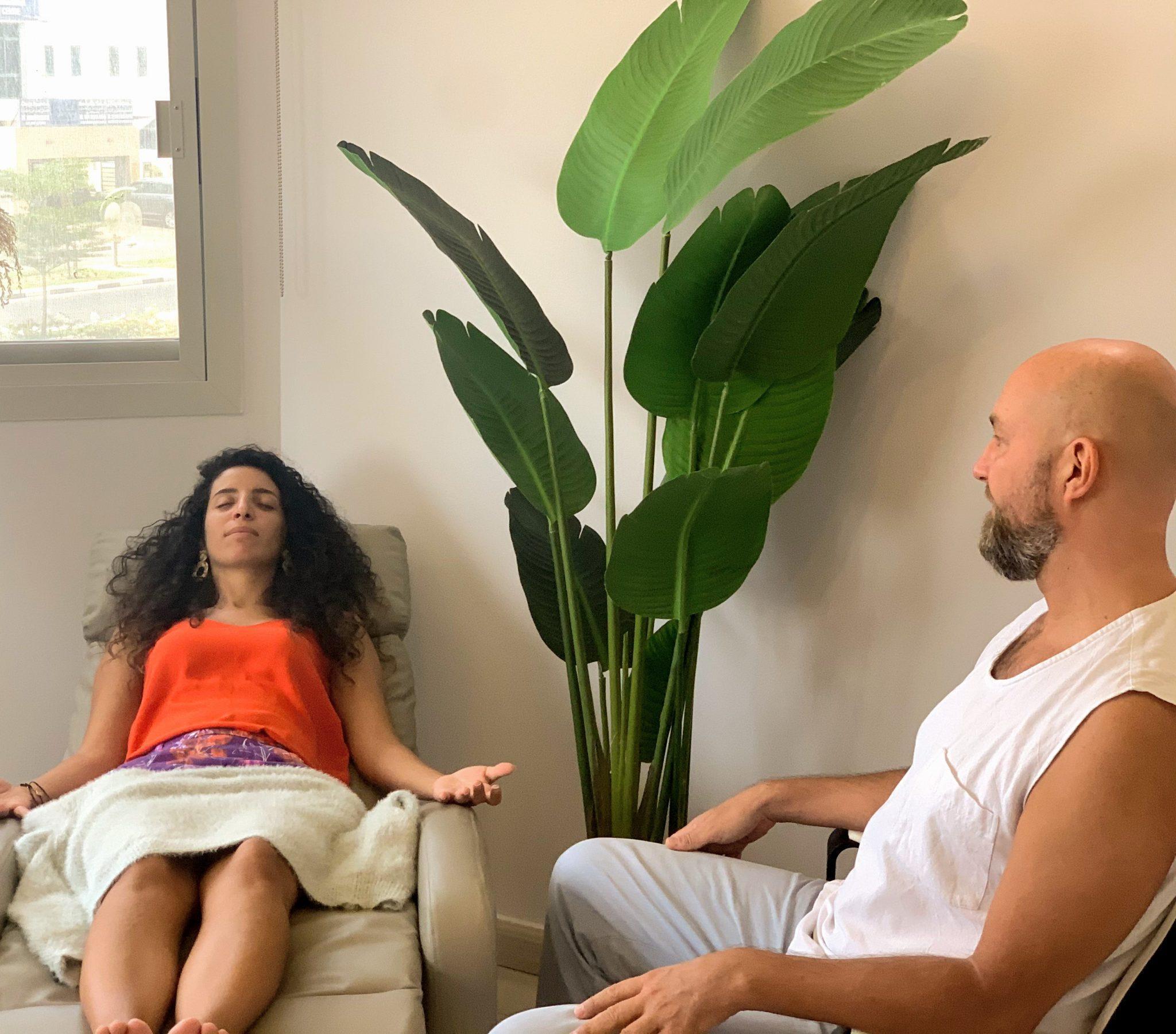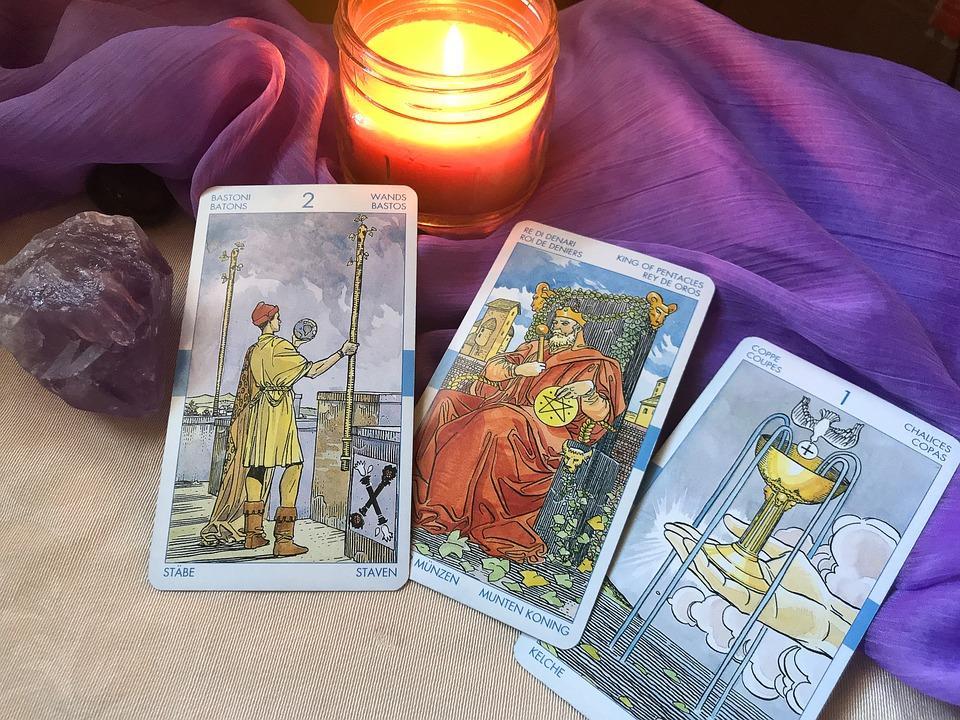Trauma Therapy
Healing burn out, depression, anxiety, addictions and unhealthy relationships through trauma-informed psychotherapy.
Healing burn out, depression, anxiety, addictions and unhealthy relationships through trauma-informed psychotherapy.
BOOK YOUR FREE CONSULTATION TODAY
WHAT IS TRAUMA THERAPY
Trauma Therapy involves healing depression, Anxiety, addictions and trauma through trauma-informed psychotherapy.
We are all wired for connection. No matter how severely damaged we are, there is a spontaneous movement in all of us is toward connection, health, and aliveness. On the deepest level, just as a plant spontaneously moves toward sunlight, there is in each of us a natural impulse moving toward becoming whole and connected again.
Trauma-informed Psychotherapy
Early trauma affects our ability to self-regulate, the image we have of ourselves and the capacity for healthy relating. This often causes high stress levels, anxiety, Depression, addictions or abusive relationships with others. Trauma-informed psychotherapy addresses these issues on the levels of the body and nervous system, affects, self-image and interpersonal relations.
In most cases, conventional (talking) psychotherapy isn’t well able to facilitate the healing that we desire. Willpower or rational knowledge of our psychodymanics alone are hardly ever sufficient for personal or spiritual growth.
To effectively shift into a new, more healthy way of creating our life’s reality, its helpful to learn how to
- explore our feelings, needs and sensations with great openness, awareness and curiosity
- develop a “felt sense”, a feeling of what’s going on in the body right now
- get to understand all parts of ourselves with acceptance, compassion and love
- explore all our parts, no matter how wounded or destructive, with courage, curiosity and compassion
- develop strong Self-agency (adult consciousness)
- safely and gently access our core wounds from an adult Self that is disidentified from past woundings or trauma responses
- deal with our emotions in a self-supporting way
- acknowledge our needs
- recognize our anger and aggression as a life-affirming force
- come home to our body: accept and trust our body, and understand it’s important messages for us
- trust in connection and create / maintain safe attachments
- disidentification and opening up to different possibilities (“Who am I really?”)
BOOK YOUR FREE TRAUMA THERAPY CONSULTATION
We Would love to hear from you.

Did Dyou know?
TRAUMA THERAPY
1
Childhood or developmental trauma (C-PTSD) is pandemic in our modern societies. More than 60% of adults suffer from the effects of adverse childhood experiences (ACEs) like e.g. violence, abuse, abandonment, neglect or others that can undermine the child’s sense of safety, stability and bonding. ACEs are linked to chronic health problems, mental illness, and substance abuse problems in adulthood. ACEs can also negatively impact education, job opportunities and earning potential.
2
To heal the complex effects of childhood / developmental trauma you need special trauma therapy approaches that are designed for healing Complex PTSD. From the perspective of developmental trauma, looking at the conventional clinical diagnosis, like e.g. depression, OCD, narcissism or eating disorders, their dynamics can be understood in a new way, a way that supports the healing much better than (talking only) psychotherapy or psychiatric treatments with chemicals.
3
Trauma plays out in the body, the nervous system, emotions and in the way we create relations. These aspects have to be part of any effective approach to trauma healing.
TRAUMA THERAPY
“Burn out, depression, anxiety, addictions or unhealthy relationships are often rooted in childhood trauma (C-PTSD) and the tension it creates. Trauma-informed psychotherapy supports you in getting back to your natural balance.
When we are feeling totally safe, we are relaxed, naturally connected, open, interested. There’s lots of peace, joy and bliss within and around us. We’re grounded in ourselves and in nature. Being in the body is pleasurable. It’s a easy to connect to others in an authentic way. Life is flowing beautifully and without effort.
The moment we are not feeling safe any more, our nervous system goes into higher arousal modes. It gets flooded with stress hormones. We’re tense. Worries, concerns, anxiety, fears are creeping in. Or panic attacks. Frustration, irritation, anger or rage go along with increased muscular tension, heart rate and blood pressure. Digestion gets disrupted. If the sense of threat doesn’t vanish or these unpleasant feelings of tension and contraction go on for too long, our body naturally responds with a collapse of vitality. It goes into immobility mode, paired with feelings of shame, hope- and helplessness. Depression becomes the new normal. Numbness helps easing the pain. We get disconnected from our body and emotions. And we’re withdrawing from otherwise nourishing social engagement.
To balance back to a natural state of relaxation, trauma-informed psychotherapy helps you to reconnect to your body and self-regulate your emotions and nervous system. It supports you understanding the images and beliefs you are carrying about yourself. And you will learn to look at your ways of relating (or of avoiding relationships) in a new way. You will not only get to know yourself much better, but find the needed recourses within yourself to make the shift from surviving to thriving.”



Benefits of Trauma Therapy

Holistic approach to healing and personal growth that integrates body, mind, spirit, emotions and relations

Relatively quick recovery from the negative effects of early childhood trauma

Transition from surviving to thriving

With recovering from your own trauma history you won’t unconsciously pass it on to your children as legacy burdens
Other recommended healing
FREQUENTLY ASKED QUESTIONS
When there is a change in your environment, biologically there is a stress response in your body. The fear of a danger together with fear of being helpless and powerless causes anxiety. The internal representation of the situation depends upon your past experiences as your mind tends to react according to the past memories.
- Constant worry
- Lack of focus
- feeling restless
- lethargy
- feeling irritated & agitated
- Insomnia or sleeplessness
- Panic attacks
- Social isolation
Yes, there is medical as well as alternative therapy to help overcome anxiety. One should seek a holistic approach where the issue can be resolved from the source.
The most effective and powerful way to reduce stress in your life is to meditate. The deepest form of meditation, practiced by yogis and sages for centuries, called samadhi or transcendence meditation has a powerful healing response in the body and helps you to be resourceful and mindful.
Worry is a mechanism the brain creates to protect the self from a stressful situation or danger. One needs to work at the unconscious level of the mind to stop worrying. Worrying has a very draining effect on anyone and must be addressed by healing the source of the worry through an effective technique such as Karma Yoga Healing.














